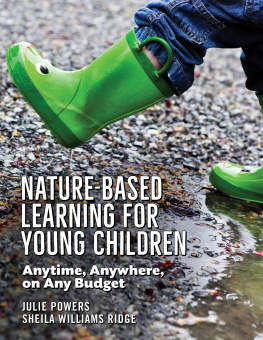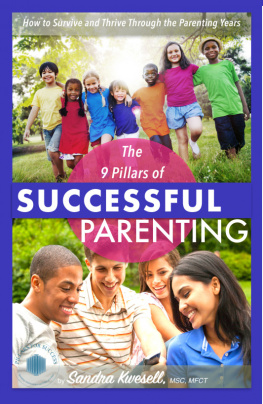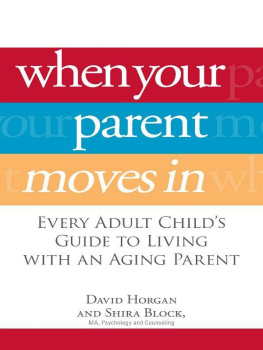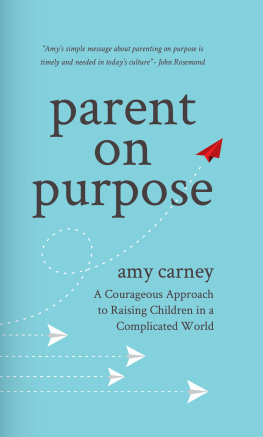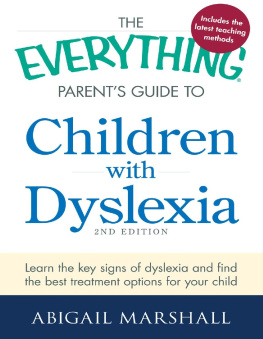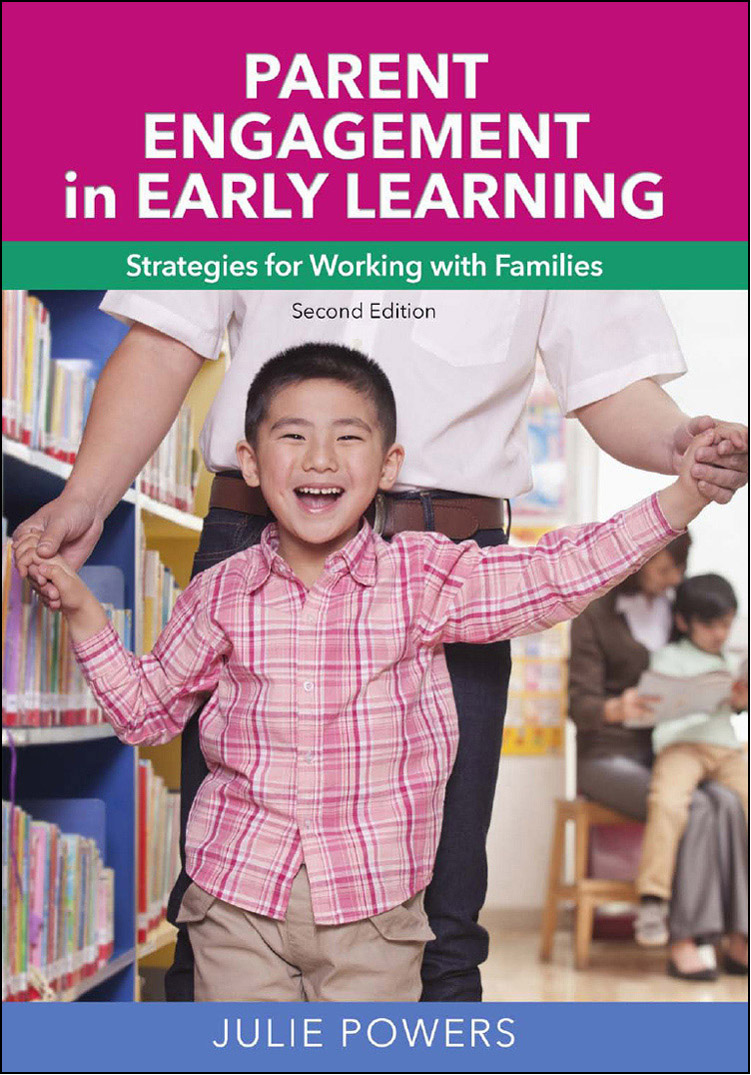
Published by Redleaf Press
10 Yorkton Court
St. Paul, MN 55117
www.redleafpress.org
2005, 2016 by Julie Powers
All rights reserved. Unless otherwise noted on a specific page, no portion of this publication may be reproduced or transmitted in any form or by any means, electronic or mechanical, including photocopying, recording, or capturing on any information storage and retrieval system, without permission in writing from the publisher, except by a reviewer, who may quote brief passages in a critical article or review to be printed in a magazine or newspaper, or electronically transmitted on radio, television, or the Internet.
The first edition of this book was published in 2005 as Parent-Friendly Early Learning: Tips and Strategies for Working Well with Families.
Second edition 2016
Cover design by Elizabeth Berry
Cover photographs by Getty Images/XIXINXING
Interior design by Percolator
Typeset in Karmina and Karmina Sans
Library of Congress Cataloging-in-Publication Data
Names: Powers, Julie, 1957 author.
Title: Parent engagement in early learning: strategies for working with families / Julie Powers.
Other titles: Parent-friendly early learning.
Description: Second edition. | St. Paul, MN: Redleaf Press, [2016] | Previous edition: Parent-friendly early learning. 2005. | Includes bibliographical references.
Identifiers: LCCN 2015027614| ISBN 9781605544397 (ebook)
Subjects: LCSH: Early childhood educationParent participation. | Parent-teacher relationships.
Classification: LCC LB1139.35.P37 P693 2016 | DDC 372.21dc23
LC record available at http://lccn.loc.gov/2015027614
For Marty Rosenthal, who encouraged and supported me through completion of this book;
Gabriel Powers, who was patient while I learned how to be a parent;
Maggie Bryson, one of the best teachers we ever lost;
and Kathy Kolb, who understood my intent and helped me find the book inside me.
Table of Contents
Guide
Contents







Thanks to Kara Lomen for making this second edition the best it could be with her wonderful editing. Thanks to Sherry Nolte for her gentle and helpful editing and Jennifer Ikehara, Michelle Tancayo, Alexandra Domingo, Tamika Smiley, and other University of Hawaii Maui College students for sharing their stories of working with families
Acknowledgments for First Edition
Thanks to the following:
Marjorie Schiller, who always thinks I am smarter than I am
Eva Moravcik, who trusted my ego with her mighty red pen and made improvements to this book
Roger and Bonnie Neugebauer, who believed I had something to say to my colleagues
Stephanie Feeney, who taught me how to think about professional ethics
Margarita Kay, who taught me to look at cultural context
Betty Jones, who pushed me to improve my writing
Nancy Burrows, who modeled the role teachers can play in improving parents competency
Kay Rencken, who helped me find my professional voice
Nancy Sergeant-Abbate, who taught me how to collaborate with parents
Beth Wallace, who stepped in at the eleventh hour and saw to it that this book was the best it could be
Marcie Oltman, Jenny Hanlon, Natalie Dube, Louie Kolberg, Sarah Sivright, Sheila Williams-Ridge, Kathy Zampier, Susan Knutson, Joel Creswell, Jacky Turchick, Rheta Kuwahara, Cheryl Takashige, and Doug Rowe, for sharing their stories of working with families
All of the families of University of Hawaii at Manoa Childrens Center, Dodge Nature Preschool, Valley View Preschool, and Tucson Community School for sharing their children with me
Have you ever worked with a teacher who thrives on working with parents? For some teachers, relationships with parents are as fulfilling as relationships with children. Rather than stressing out before parent-teacher conferences, these teachers look forward to the time they will spend talking with parents about the children. Parents seem to listen to their advice and trust them with family issues. These teachers are even able to tell parents hard truths without being met with defensiveness. Are they just natural parent educators? Some may be. Others may have once been uncomfortable working with parents, but as they gained the skills to build relationships with parents, they learned to enjoy this aspect of their work. If you find working with parents one of the more difficult aspects of your job, you are not alone. This book will help you understand how teachers develop natural relationships with parents and teach you the skills you need to enjoy your work with parents too.
But am I talking about parents, or am I talking about families? I call this book Parent Engagement in Early Learning because in it I am talking about parenting. Parenting is done by many members of a childs community. For some children, grandparents, aunts, family friends, and others take on the parenting role. In this book, I use the terms parents and families somewhat interchangeably. When I do, I am referring to all the people who assume the role of parenting a young child.
When I was a young teacher working in a parent-cooperative nursery school, I called a mentor who had worked in another parent co-op for many years. I described the unreasonable expectations of the parents I was working with (My child can sit still for an hour in church; I dont see why you arent having her sit still and learn at school), their lack of follow-through (parents forgetting to bring snack on their day or not staying to clean up after their day in the classroom), and their general lack of respect for my knowledge. My friend said to me, It helps when you are old enough to be the parents mother. Im not willing to wait that long! I blurted out.
It didnt take that long. The more confident I became in my knowledge, the more the parents respected me. The surer I was that my expectations of parents were reasonable, the more they followed through on those expectations. Most importantly, the more I relaxed and allowed myself to enjoy these people, the better my relationships with them grew. I can now say that my work with parents has been one of the most enjoyable parts of my career in early childhood education.
One of the keys to working well with parents is learning to see their perspectives. As teachers, we can appreciate children for who they are and take pleasure in their company when we understand their development and their unique way of looking at the world. We enjoy some children more than others, even if we pretend we like them all the same, but as teachers we know how to make relationships with all children. The same can be true of our relationships with parents. Parents are unique individuals, and we will enjoy some more than others, but we can create relationships with all of them. Sometimes the parents who are challenging end up being the parents we feel the closest bond to. Working well with parents makes teaching more satisfying.


